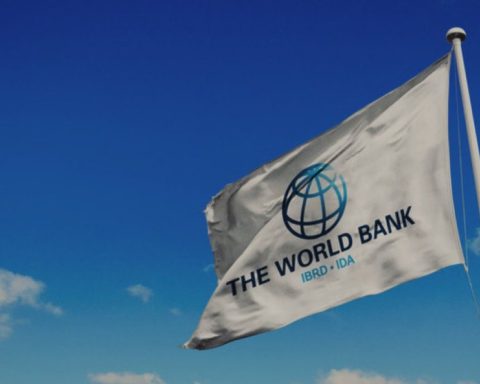The World Bank has disclosed that increasing fuel subsidy puts the Nigerian economy at a high risk as subsidy payments could significantly impact public finance and pose debt sustainability concerns.
The Washington-based lender made this known in a new biannual report known as Africa’s Pulse.
Join our WhatsApp ChannelThe bank noted that Nigeria is projected to have a 3.8 per cent growth in 2022, adding that as an oil-dependent country, weak oil production hampers economic recovery.
The organisation explained that the increasing fuel subsidy poses a high risk to the country’s economic growth, despite the increase in oil prices.
The bank said: “Growth in Nigeria is forecast to increase to 3.8 per cent in 2022 and stabilise at 4 per cent in 2023-24. Real GDP growth was revised up by 1.2 percentage points for both periods compared with the previous forecast.
“Nigeria’s economy is still dependent on the oil sector. Oil-related revenue contributes 40 to 60 per cent of fiscal revenue, while oil and gas account for 80 to 90 per cent of total exports.
“Weak oil production, below the OPEC quota, held back the recovery process. Although at a slower pace than the average seven per cent during the boom period, growth prospects for the Nigerian economy are somewhat bright thanks to high oil prices coupled with reforms initiated by the passing of the Petroleum Industry Act and the completion of the Dangote refinery expected in 2023.
“Risk remains high on increasing fuel subsidies, which could weigh heavily on public finance and pose debt sustainability concerns. Nevertheless, public debt as a percentage of GDP is currently moderate.”
According to the World Bank, the high level of oil prices will affect countries that are shielding the impact on their consumers through fuel subsidies, such as Nigeria and Ethiopia.
It added that the high cost of fuel subsidies, due to the increase in oil prices, may deteriorate the country’s fiscal balance.
















Fuel subsidy should just go